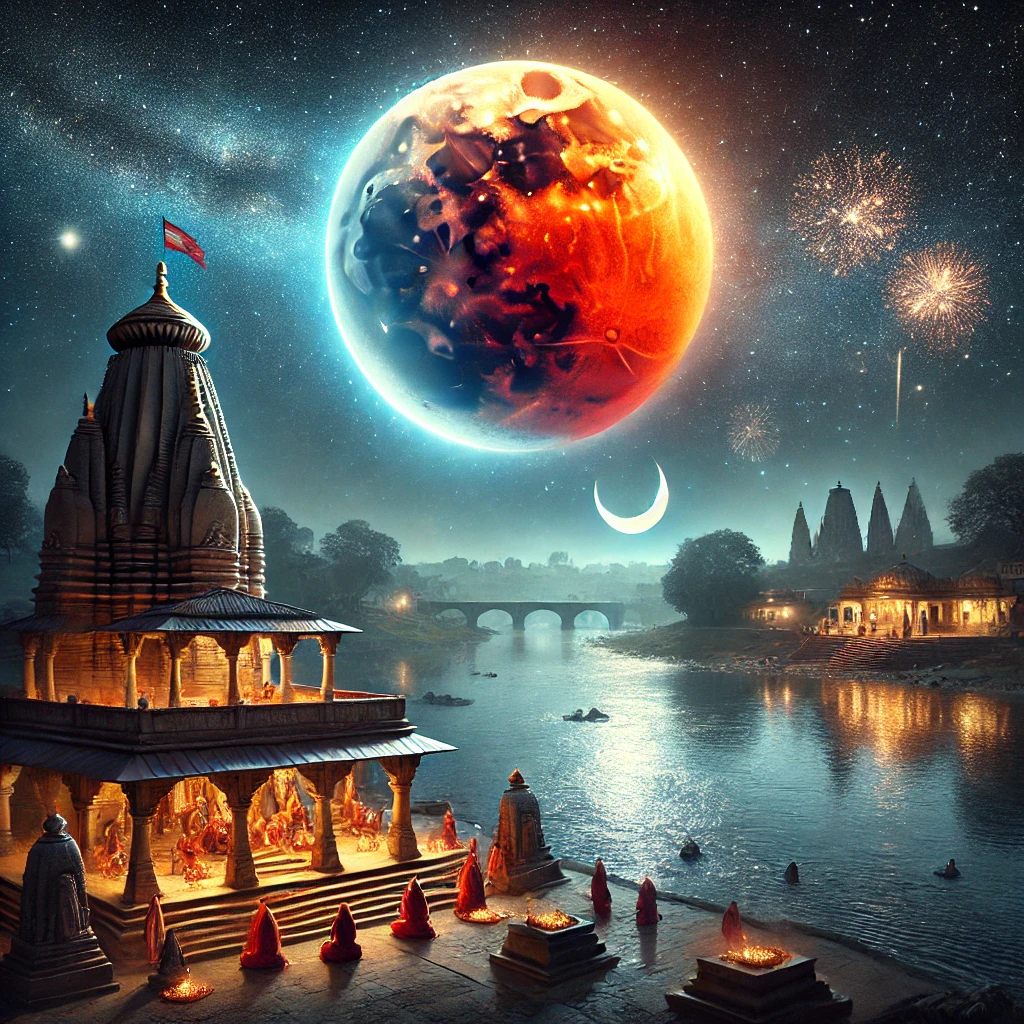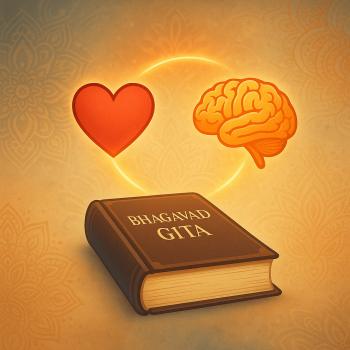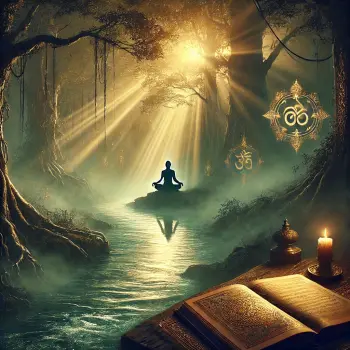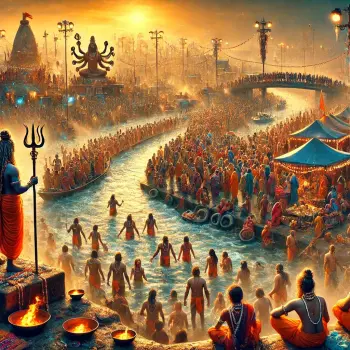
Lunar Eclipse and the Blood Worm Moon: A Hindu Perspective on Celestial Phenomena
There are nights when emotions seem to ebb and flow with the lunar tide, moments of deep introspection, sudden nostalgia, or unexplainable restlessness. Many of us experience mood swings without realizing that celestial phenomena, such as eclipses, may have an unseen influence on our consciousness. In Hindu tradition, cosmic events like the lunar eclipse are not just astronomical occurrences but moments infused with deep spiritual and mythological significance.
On March 13-14, 2025, the world will witness a lunar eclipse coinciding with the Blood Worm Moon, capturing the fascination of astronomers, astrologers, and spiritual seekers alike. Hinduism views such phenomena through the lens of cosmic cycles, divine interventions, and spiritual discipline, offering a perspective that blends mythology, astrology, and introspective practice.
Hindu Scriptures and Lunar Eclipses
Hindu scriptures narrate an intriguing story behind the phenomenon of eclipses. According to the Samudra Manthan (churning of the ocean), when the gods (devas) and demons (asuras) churned the cosmic ocean for amrita (the nectar of immortality), the asura Rahu disguised himself as a god to consume it. Before the nectar could reach his body, Lord Vishnu, in his Mohini avatar, beheaded Rahu. However, since his head had already tasted the amrita, it became immortal, and both the severed head (Rahu) and the body (Ketu) were placed in the cosmos. Their eternal resentment toward the Sun and the Moon led to the phenomenon of eclipses—when Rahu swallows the Moon, a lunar eclipse occurs, but since the Moon cannot be held permanently, it re-emerges after some time.
Spiritual and Astrological Significance of the Eclipse
In Hindu astrology (Jyotish Shastra), eclipses are considered powerful yet turbulent periods. The Moon governs the mind, emotions, and stability, and when overshadowed by Rahu, it is believed to impact human consciousness, leading to heightened emotions, confusion, or restlessness. Many astrologers caution against making major decisions or starting new ventures during an eclipse due to its unpredictable energies.
The impact of a lunar eclipse on mood swings is often discussed in relation to the Nakshatra (lunar mansion) in which the eclipse occurs. Certain Nakshatras, such as Ardra, Ashlesha, and Rohini, are known to influence emotional intensity, heightened sensitivity, and fluctuations in mental states. Since the Moon represents the mind in Vedic astrology, its temporary shadowing by Rahu can cause people to experience anxiety, irritation, emotional turmoil, or deep introspection.
Hindu Practices During a Lunar Eclipse
Hindu tradition prescribes several spiritual disciplines to counteract any negative influences and harness the eclipse’s energy for inner purification:
Fasting and Cleansing
- Many Hindus observe a fast from the time the eclipse begins until it ends, refraining from eating or drinking to maintain spiritual purity.
- Taking a bath before and after the eclipse is considered essential to wash away any accumulated negative energies.
Chanting Sacred Mantras
- Reciting mantras such as the Maha Mrityunjaya Mantra or Chandra Beej Mantra (Om Shram Shreem Shraum Sah Chandraya Namah) is believed to reduce the malefic effects of the eclipse and protect spiritual well-being.
- Devotees of Lord Shiva, Vishnu, or their personal deities engage in prayers and meditation during this time.
Avoiding Certain Activities
- Cooking, eating, and engaging in worldly tasks during the eclipse period are discouraged as food is believed to absorb negative energy.
- Pregnant women are advised to stay indoors, avoid using sharp objects, and engage in prayers to safeguard themselves and their unborn child. It is believed that an eclipse’s energy may influence fetal development, making it a period of extra caution for expectant mothers.
- Women, in general, have been historically associated with the lunar cycle, and some traditions link an eclipse to fluctuations in emotions and well-being. However, modern interpretations encourage women to use this time for self-reflection and meditation.
Donating and Offering Charity
- Giving donations after an eclipse, especially food, clothes, and grains, is considered highly auspicious and can help neutralize any negative karmic effects.
The Blood Worm Moon in Hindu Context
The Blood Worm Moon is a term originating from Native American traditions, marking the last full moon of winter. However, in Hinduism, the Purnima (Full Moon) holds great significance, especially in spiritual practices. Full moons are associated with heightened energy, clarity, and divine blessings, but when paired with an eclipse, the energy shifts dramatically.
Vedic astrology suggests that a full moon eclipse can amplify internal conflicts, making it an opportune time for self-reflection, surrender, and seeking divine wisdom. Temples, ashrams, and spiritual seekers across India will likely use this time for meditation, scriptural readings, and inner contemplation.
A Time for Reflection and Renewal
Instead of fearing an eclipse, Hinduism encourages viewing it as a cosmic reminder of the impermanence of all things. Just as the Moon temporarily disappears and re-emerges, life, too, goes through cycles of obscurity and illumination. The key is to remain anchored in faith, practice spiritual discipline, and use this celestial event as an opportunity for renewal.
As the March 13-14, 2025 lunar eclipse unfolds, whether you choose to observe traditions, meditate on the grandeur of the cosmos, or simply gaze at the night sky in awe, let this celestial dance remind us of the profound interplay between the universe and the self.

















